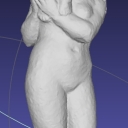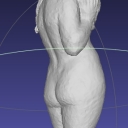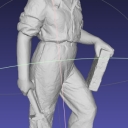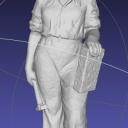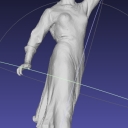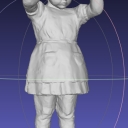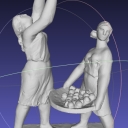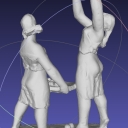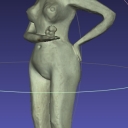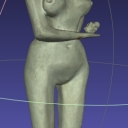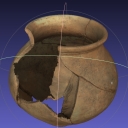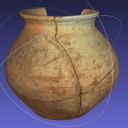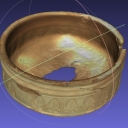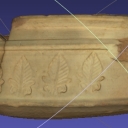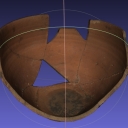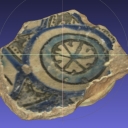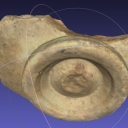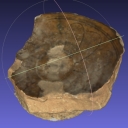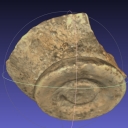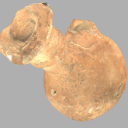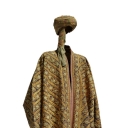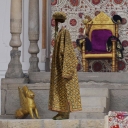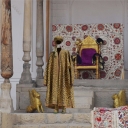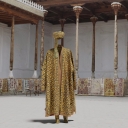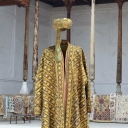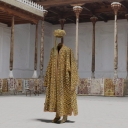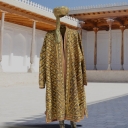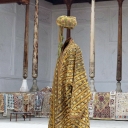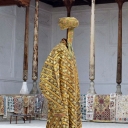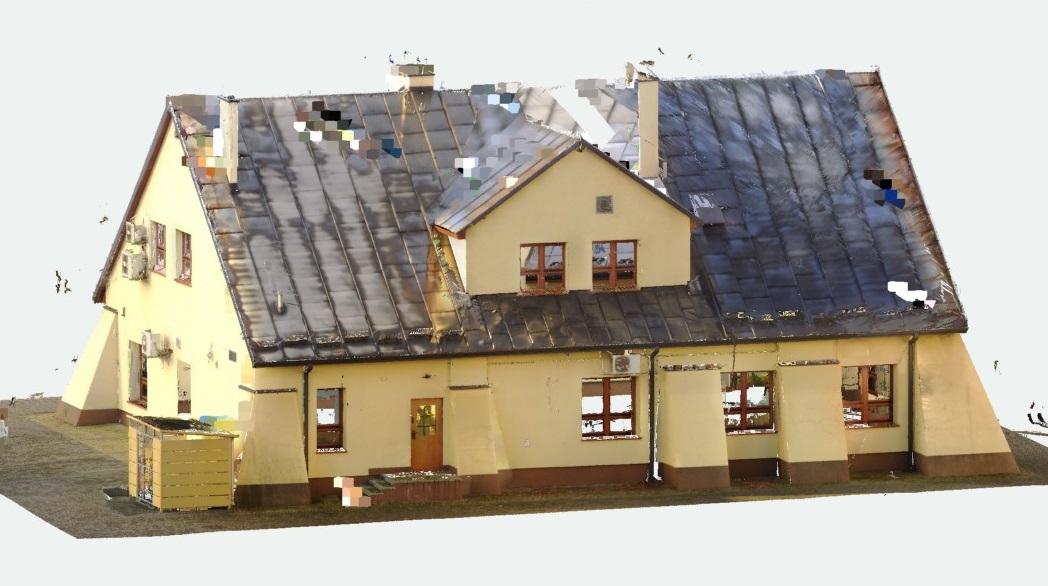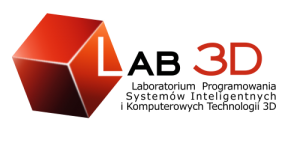 |
Head of Lab 3D prof. Jerzy Montusiewicz, j.montusiewicz@pollub.pl |
| Tel. +48 81 5252046
e-mail: inst-inf@pollub.pl www: cs.pollub.pl
|
Laboratory of scanning and 3D printing dr inż. Jacek Kęsik: j.kesik@pollub.pl Laboratory of virtual and augmented reality dr inż. Tomasz Szymczyk: t.szymczyk@pollub.pl Laboratory of intelligent systems dr inż. Stanisław Skulimowski: s.skulimowski@pollub.pl |
| Office address:
Nadbystrzycka 36B 20-618 Lublin |
Research possibilities in the field of museology and access to collections:
- Laboratory of scanning and 3D printingScope of research:
- 3D scanning of museum and archaeological objects
- Processing of acquired data and reconstruction of damaged objects
- Optimisation of the process of scanning and results processing
- Preparation and printing of 3D models
- Creating procedures for scanning museum objects
Mobile equipment for 3D scanning:
- Hand-held structured light technology scanners Artec Eva and Artec Spider (50-100 microns accuracy, saving textures)
- Large area, laser technology scanner Faro Focus X330 (range up to 300 m, saving textures)
Stationary 3D replication devices:
- FDM technology 3D printer MakerBot Z18 (max. print size 30x30x45 cm, layer thickness 0.1 mm)
- SLS technology 3D printer DWS 020X (max. print size 13x13x9 cm, layer thickness 0.01 mm)
- Laboratory of virtual and augmented reality
Scope of research- Presentation of objects, phenomena and processes in virtual 3D space
- Computer visualisation of 3D objects, in Internet technologies, virtual reality (VR) and augmented reality (AR)
- Study of natural human-computer interfaces using VR and AR
- Study of human reaction to the experience of immersion in the VR environment
- Using VR and AR environments in the fields of archeology and cultural heritage; encouraging audience engagement by gamification (teaching by elements of competition between participants)
- Optical and haptical analysis of gestures and the range of motion of the fingers
Owned test equipment:
- Interactive 3D zSpace monitor, along with an ergonomic keypad and specialised Quazar3D software for visualisation
- VR helmets: Oculus Rift DK2, Samsung Gear VR, Vrizzmo
- Leap Motion human-computer communication system
- Devices for precise measurement of flexion of the fingers – 5DT Data Glove 5 Ultra gloves
Lab 3D – our experience:
- 3D scanning and data processing in the Zamoyski Museum in Kozłówka:
- Selected exhibits from the palace rooms: a damaged picture frame (along with a virtual reconstruction of the damaged fragments), hard-to-scan objects (figurine from Chinese porcelain), pianomelodicon and many other small exhibits.
- Selected exhibits from the social-realistic collection (10 objects).
Measurement and visualisation made by the Institute of Computer Science, Lublin University of Technology (‘Lab 3D’). All rights reserved. Copyright of the Institute of Computer Science LUT (‘Lab 3D’) & the Zamoyski Museum in Kozłówka.
- Scanning and visualisation of interiors: chapel, countess’ bedroom:
Measurement and visualisation made by the Institute of Computer Science, Lublin University of Technology (‘Lab 3D’). All rights reserved. Copyright of the Institute of Computer Science LUT (‘Lab 3D’) & the Zamoyski Museum in Kozłówka.
Controlling the panorama using the mouse (size – mouse roll, change of view – left button of the mouse).
- Scanning in Samarkand in Uzbekistan:
- Scientific-Experimental Museum-Laboratory of the Samarkand State University in Uzbekistan (bowls, candlesticks, pitchers, dishes, decorative elements – about 12 objects)
- Afrasib Museum of Samarkand (exhibits dating from the second century BC to the 14th century AD: pitchers, dishes and their fragments, cups, bowls, fragments of cornices, an ossarium and skulls – about 35 objects)
Measurement and visualisation made by the Institute of Computer Science, Lublin University of Technology (‘Lab 3D’). All rights reserved. Copyright of the Institute of Computer Science LUT (‘Lab 3D’) & the SamSU Museum and Afrasiab Museum in Samarkand, Uzbekistan.
- Examples of scanned exhibits in a 3D object browser
- Samarkand State Integrated Historical-Architectural and Art Museum-Reserve (A nineteenth-century garment of Emir of Bukhara)
- Scanning of archaeological sites in Lublin (between Świętoduska and Lubartowska streets) – building objects (remains of houses dated from the 9th-11th centuries and the remains of a stone building dated to the 16th and 17th centuries, fragments of vessels and other furnishings)
- Scanning large architectural objects:
- Square of the Former Parish Church – the Old City of Lublin,
- Courtyard of the Lublin Castle,
- A historic granary at the Lublin University of Technology.
- Scanning the interior of the Academic Church of the John Paul II Catholic University of Lublin.
Measurement and visualisation made by the Institute of Computer Science Lublin University of Technology (‘Lab 3D’). All rights reserved. Copyright of the Institute of Computer Science LUT (‘Lab 3D’) and the John Paul II Catholic University of Lublin.
Controlling the panorama using the mouse (size – mouse roll, change of view – left button of the mouse).
